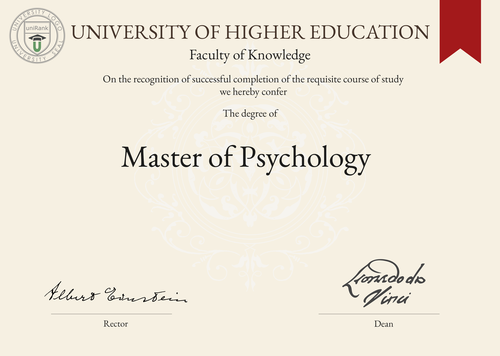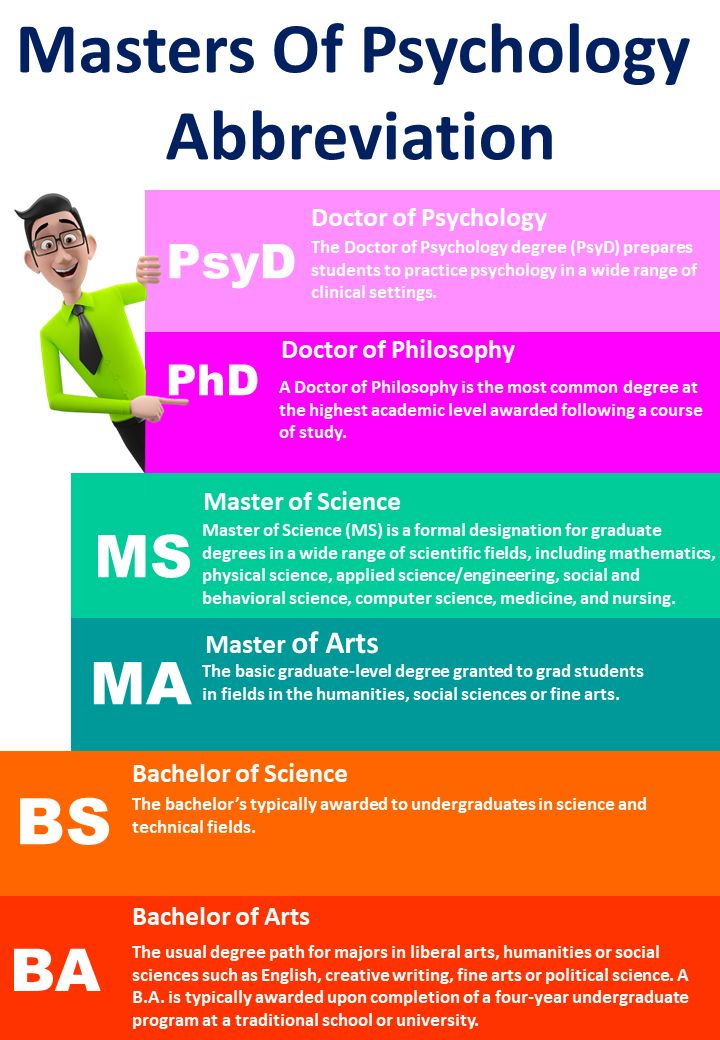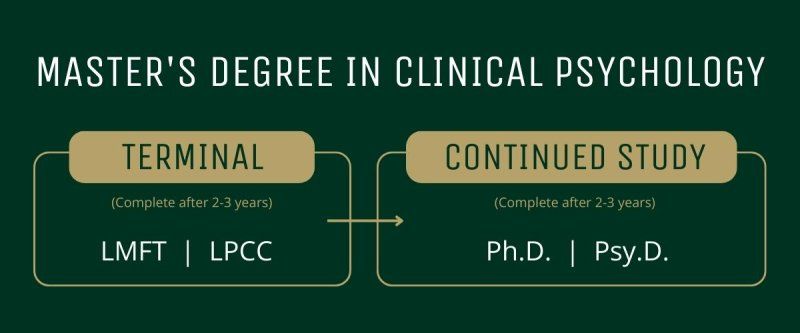If you are considering pursuing a Master’s degree in Psychology, congratulations! You have taken the first step towards unlocking your future and opening up a world of opportunities. In this guide, we will discuss the potential benefits and career options that come with obtaining a Master’s degree in Psychology.
Toc
Overview of Online College Courses and Traditional Programs

When considering a Master’s degree in Psychology, students have the option to choose between online college courses or traditional on-campus programs. Each format has its advantages and can cater to different learning styles and lifestyle needs.
Online College Courses
- Flexibility: Online courses offer a flexible schedule, making them ideal for working professionals or individuals with family obligations. Students can often access course materials and lectures at their convenience, allowing them to balance their studies with other responsibilities.
- Accessibility: Online programs eliminate geographical barriers, enabling students from different parts of the world to enroll in reputable institutions without the need to relocate. This accessibility allows a diverse student body and broad perspective sharing.
- Technology Integration: Online courses typically incorporate advanced digital tools and platforms, enhancing learning through interactive modules, virtual simulations, and multimedia resources. These technological advancements create dynamic and engaging educational experiences.
Traditional On-Campus Programs
- In-Person Interaction: Traditional programs offer face-to-face interaction with professors and peers, which can enhance learning through real-time discussion, collaborative projects, and immediate feedback. Being physically present can also strengthen networking opportunities.
- Campus Resources: On-campus students have direct access to university facilities such as libraries, labs, counseling services, and extracurricular activities. These resources can greatly enrich the academic experience and provide additional support.
- Structured Environment: The structure of traditional programs can provide a consistent routine and dedicated study spaces conducive to focused learning, helping students stay disciplined and motivated.
Introduction of Master’s degree in Psychology

A Master’s degree in Psychology is a graduate-level program that focuses on the scientific study of human behavior and mental processes. It delves deeper into various subfields of psychology, such as social, cognitive, developmental, clinical, and industrial-organizational psychology.
Obtaining a Master’s degree in Psychology requires dedication, hard work, and commitment. However, the rewards and opportunities that come with it are worth the effort. Let’s explore some of the potential benefits and career options for individuals with a Master’s degree in Psychology.
Benefits of Pursuing a Master’s Degree in Psychology
- In-depth knowledge and understanding: A Master’s degree program in psychology offers an extensive curriculum that provides students with a deeper understanding of human behavior, mental processes, and psychological theories. It also equips them with advanced research skills to conduct studies and contribute to the field of psychology.
- Career advancement opportunities: With a Master’s degree in Psychology, individuals can pursue various career paths that were not available to them with just an undergraduate degree. They may qualify for higher-level positions, such as a clinical psychologist, industrial-organizational psychologist, or research scientist.
- Higher earning potential: As a result of career advancement opportunities, individuals with a Master’s degree in Psychology may also experience an increase in salary and benefits compared to those with just an undergraduate degree.
- Specialization options: Many Master’s programs allow students to choose a specialization within the field of psychology that aligns with their interests and career goals. This allows them to gain specialized knowledge and skills in their chosen area of study.
- Networking opportunities: Pursuing a Master’s degree in Psychology also offers valuable networking opportunities. Students have the chance to connect with experienced professionals, attend conferences and events, and build relationships within the field of psychology.
Career Options with a Master’s Degree in Psychology
- Clinical Psychologist: A clinical psychologist is a licensed mental health professional who assesses, diagnoses, and treats mental health disorders through therapy or counseling. With a Master’s degree in Psychology, individuals can work as a clinical psychologist under the supervision of a licensed clinical psychologist or pursue further education to become licensed themselves.
- Industrial-Organizational Psychologist: An industrial-organizational psychologist applies psychological principles to improve workplace productivity, employee satisfaction, and organizational effectiveness. They may work in various industries, such as human resources, management consulting, or government agencies.
- Research Scientist: With a Master’s degree in Psychology, individuals can also pursue a career in research as a research scientist. They may work for universities, government organizations, or private companies to conduct studies and contribute to the advancement of psychological knowledge.
- Social Worker: A Master’s degree in Psychology can also lead to a career as a social worker. Social workers provide support and resources to individuals and communities facing various challenges, such as poverty, abuse, or mental health disorders.
- College Professor: With a Master’s degree in Psychology, individuals may also have the opportunity to teach at the college level as a psychology professor. This career path allows them to share their knowledge and passion for psychology with students while conducting research and contributing to the academic community.
Advancing Your Knowledge and Skills with Master’s Degrees in Psychology

Continuous development and lifelong learning are pivotal in the field of psychology. Master’s degree programs often provide a foundation for further academic pursuits and professional development.
Continuing Education and Professional Development
- Doctoral Programs: Many individuals with a Master’s degree in Psychology choose to pursue a doctoral degree, such as a Ph.D. or Psy.D., to further their expertise and expand their career opportunities. Doctoral programs often focus on specific areas of psychology and involve rigorous research, clinical training, and advanced coursework.
- Certifications and Licenses: In addition to advanced degrees, psychologists often seek additional certifications and licenses to specialize in areas like clinical psychology, forensic psychology, or neuropsychology. Obtaining these credentials typically requires passing comprehensive exams and completing supervised clinical hours.
- Workshops and Seminars: Many professional organizations offer workshops, seminars, and continuing education courses that help psychologists stay current with the latest research, techniques, and ethical standards in their field. Attending these events can provide valuable insights and foster professional growth.
- Professional Organizations: Joining professional organizations such as the American Psychological Association (APA) or Association for Psychological Science (APS) offers numerous benefits, including access to exclusive resources, research publications, networking opportunities, and advocacy for the profession.
Faculty Expertise and Research
One of the hallmarks of a robust Master’s program in Psychology is the expertise and dedication of its faculty members. These professionals bring a wealth of experience, knowledge, and research acumen to their teaching. Many faculty members are not only accomplished educators but also active researchers who contribute significantly to the field of psychology. Their diverse areas of specialization include clinical psychology, cognitive psychology, social psychology, developmental psychology, and more. By being actively involved in cutting-edge research, faculty members ensure that the curriculum remains relevant and reflects the latest advancements and ethical practices in psychology.
Furthermore, faculty research interests often span a wide range of topics, including mental health interventions, neuropsychological assessments, behavioural therapies, organizational behaviour, and psychological assessments, to name a few. This variety provides students with the opportunity to engage in meaningful research projects under expert guidance, allowing them to develop their skills and contribute to impactful studies. Collaboration with faculty on research projects not only enhances students’ understanding but also bolsters their resumes and prepares them for future academic or professional pursuits. Through mentorship and collaborative research, faculty members play an essential role in shaping the next generation of psychology professionals.
How to Obtain a Master’s Degree in Psychology

If a career in psychology interests you, obtaining a Master’s degree is an excellent first step towards achieving your goal. The following are the general steps involved in pursuing and obtaining a Master’s degree in Psychology:
Admission Requirements and Application Process
Prospective students must meet specific admission requirements and go through an application process to obtain a Master’s degree in Psychology. While these requirements can vary by institution, typical criteria include:
- Academic Prerequisites: A bachelor’s degree in psychology or a related field is usually required. Some programs may also require specific coursework in areas such as statistics or research methods.
- Standardized Tests: Many programs require scores from standardized tests such as the GRE (Graduate Record Examination). Specific emphasis on verbal, quantitative, and analytical writing skills can vary by institution.
- Letters of Recommendation: Applicants typically need to submit letters of recommendation from professors, employers, or professionals who can attest to their academic abilities, work ethic, and suitability for graduate study.
- Personal Statement: A personal statement or statement of purpose is often required, outlining the applicant’s academic interests, career goals, and motivation for pursuing a Master’s degree in Psychology.
- Interviews: Some programs may require an interview as part of the selection process to assess the applicant’s fit for the program and their interpersonal and communication skills.
Financial Aid and Scholarships
Financing a Master’s degree can be a significant concern for many students. Fortunately, there are various financial aid options and scholarships available specifically for psychology students:
- Federal and State Aid: Students can apply for federal and state financial aid through resources like the Free Application for Federal Student Aid (FAFSA). This aid may come in the form of grants, loans, or work-study opportunities.
- Institutional Scholarships: Many universities offer scholarships based on academic merit, financial need, or specific criteria related to the psychology field. These scholarships can significantly offset the cost of tuition.
- Professional Organizations: Associations such as the American Psychological Association (APA) offer scholarships and funding opportunities for graduate students. Membership in these organizations can also provide access to exclusive resources and grants.
- Private Scholarships and Grants: Numerous private foundations and organizations offer scholarships and grants for students pursuing advanced degrees in psychology. Researching and applying for these can provide additional financial support.
By carefully considering the program options, meeting the admission requirements, and exploring available financial aid, prospective students can embark on a fulfilling journey towards earning a Master’s degree in Psychology and advancing their careers in this impactful field.
Real-World Applications and Success Stories

A Master’s degree in Psychology can lead to a variety of career opportunities and success stories. Graduates with an advanced degree in psychology can work in various fields, including mental health clinics, hospitals, schools, research institutions, government agencies, and private practices. Some potential job titles include:
- Licensed Counselor or Therapist
- Research Coordinator or Assistant
- Human Resources Manager or Consultant
- Health Educator or Program Coordinator
- Substance Abuse Counselor
Furthermore, obtaining a Master’s degree in Psychology can also pave the way for pursuing a Ph.D. or Psy.D., leading to careers such as licensed psychologist, university professor, or research scientist. With a Master’s degree in Psychology, individuals can make a positive impact on their communities and the lives of others while also finding personal fulfillment and growth.
One notable success story is that of Dr. Joy DeGruy, who earned her Master’s and Ph.D. in Clinical Psychology from Portland State University. Dr. DeGruy is now an internationally renowned researcher, educator, and author specializing in cultural diversity and trauma response. Her work has been influential in shaping policies related to mental health, education, social justice, and human rights.
Another success story is that of Dr. Michael Yapko, who earned his Master’s and Ph.D. in Clinical Psychology from the University of California, San Diego. Dr. Yapko is a renowned expert on depression and its treatment, with over 40 years of experience as a clinical psychologist and educator. He has written extensively on the topic and is a sought-after speaker at conferences and workshops worldwide.
These are just two examples of how pursuing a Master’s degree in Psychology can lead to impactful careers and contributions to the field. By choosing an accredited program, meeting all requirements, and putting in the dedication and effort required, individuals can make their own success stories with a Master’s degree in Psychology.
Conclusion

In conclusion, pursuing a Master’s degree in Psychology opens up numerous pathways for both personal and professional development. By selecting the right program, meeting admission criteria, securing financial aid, and leveraging available resources, students can achieve their academic and career objectives. The field of psychology offers a unique opportunity to make a tangible difference in the lives of individuals and communities, providing a fulfilling and impactful career. With determination and passion, the journey towards earning a Master’s degree in Psychology can be a rewarding experience leading to significant achievements and success stories. As you embark on this endeavor, remember that the skills and knowledge you acquire will empower you to contribute profoundly to the understanding and betterment of human behavior and mental health.












